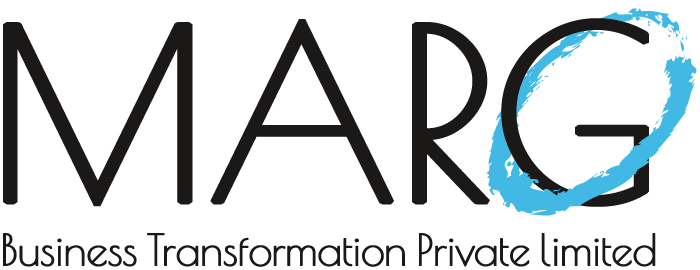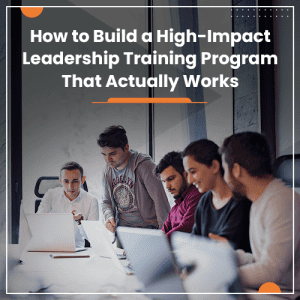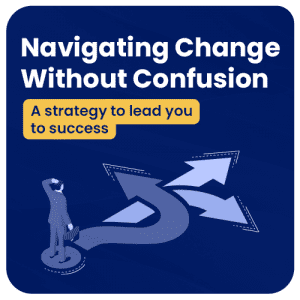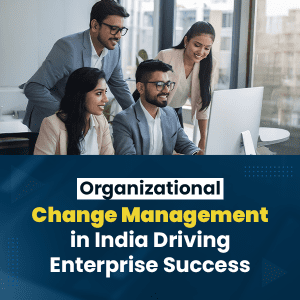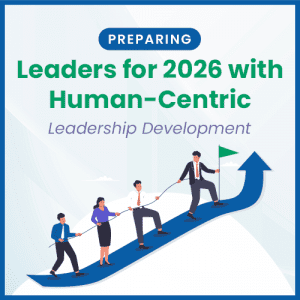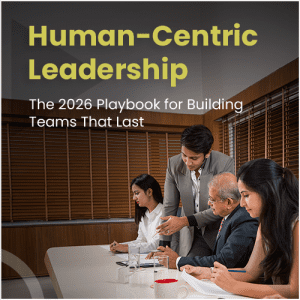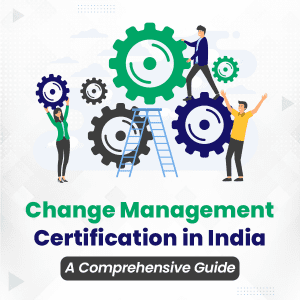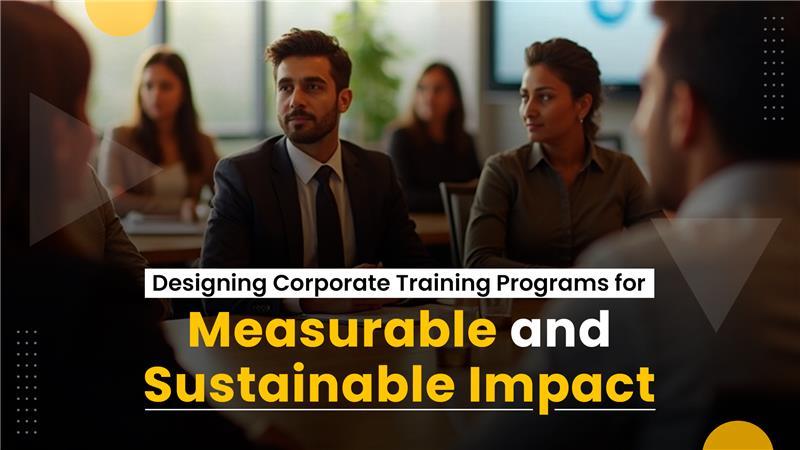
In a business environment marked by rapid technological advancements, skill obsolescence, and fierce competition, organizations are facing an unprecedented need to upskill their workforce. According to a 2024 McKinsey report, 87% of global companies say they already have or expect to have a skills gap in the next few years – particularly in areas affected by AI, automation, and digitalization (McKinsey, 2024).
However, many corporate learning programs fail to deliver measurable business impact because they focus on technical skills in isolation, paying little attention to other vital skill categories.
The solution lies in recognizing the significance of non-technical skill categories like essential human skills and business acumen and integrating them into corporate training programs. When done right, this approach doesn’t just upskill employees—it transforms organizations.
Why Skills Must Intersect, Not Compete
Corporate learning programs have long focused on siloed skill development. Technical and technology-based training are often prioritized, given their immediate relevance to job performance and the technology-driven environment in which businesses operate today.
However, the World Economic Forum Report 2025 highlights the “relevance of human-centric skills amid rapid technological advances”, predicting a nearly 60% increase in demand for “human skills” in 2025-2030.
Human skills highlighted in the World Economic Forum Report 2025
COGNITIVE SKILLS
- Analytical thinking
- Creative thinking
- Systems thinking
SELF-EFFICACY
- Motivation and self-awareness
- Curiosity and lifelong learning
- Resilience, flexibility, and agility
WORKING WITH OTHERS
- Leadership
- Social influence
- Empathy and active listening
Source: Future of Jobs Report 2025, World Economic Forum
Treating skill categories separately ignores how real work happens. In reality, when it comes to making decisions, leading teams, and driving impact, it’s the right blend of technical expertise and human-centered skills that yields measurable results.
Start with the Business Problem, Not the Skill List
Too often, corporate training programs start with a checklist of skills to teach, rather than a business challenge to solve. The better approach? Reverse-engineer learning based on desired business outcomes.
Ask yourself:
What is the specific business problem?
What are the key behaviors that would solve it?
What technical competencies, strategic abilities, and human-centered skills would support those behaviors? According to Deloitte’s 2023 Human Capital Trends report, organizations that invested in integrated learning saw 29% higher employee performance and 22% greater business agility (Deloitte, 2023).
Why human skills are essential
As an organization, your focus is on driving exceptional results, delivering superior customer experiences, scaling growth, and building lasting value. After all, you’re running a business. But companies around the world are realizing that failing to acknowledge the people-dependence of business results has undesirable consequences:
BURNOUT | TOXIC CULTURE | POOR PERFORMANCE | ATTRITION
Generic “soft skill trainings” may check a box on your training calendar, but the truth is they barely scratch the surface.
When you give essential human skills their rightful place in your training and development initiatives, the results can be astounding:
· Leaders who motivate performance, not cause burnout
· Teams that collaborate and share goals without conflict and mistrust
· Employee performance and retention driven by psychological safety and job satisfaction, not workplace toxicity and job insecurity.
Human skills as impact drivers in a technology-driven world
Consider the case of a multinational logistics company that introduced AI to streamline route planning and fleet operations. The system was smart, efficient, and produced critical data and insights. However, drivers and coordinators didn’t trust the outputs, and managers struggled to translate insights into daily decisions.
To bridge the gap, the company launched a human-centered skills program focused on:
· Leadership, emotional intelligence, and empathy for managing fears and resistance
· Communication and coaching to support frontline staff
· Adaptive thinking and collaboration to align human judgment with AI recommendations
Instead of forcing tech adoption, the organisation invested in its people. Supervisors became change enablers, team leads became communicators, and a culture of trust was built.
The result? Accelerated adoption, improved operational KPIs, and teams with greater confidence in navigating changing business scenarios.
Measuring What Matters: Skill Impact, Not Just Completion Rates
Result-driven corporate learning programs cannot just focus on course completion rates or quiz scores. Their effectiveness must be measured by impact on business outcomes.
· Are project timelines improving?
· Have customer satisfaction rates risen?
· Do more employees feel ready to step into leadership roles?
Shifting the focus to observable outcomes makes it easier for leaders to determine the value of investing in corporate training programs.
The Road Ahead: Building the Workforce of the Future
The workforce of tomorrow will not be built on technical competence alone. It will rely on the seamless integration of deep expertise, human connection, and business strategy. Organizations that ignore this triad risk falling behind.
To succeed, businesses must:
· Reframe corporate learning programs as strategic enablers, not support functions.
· Design training around role-specific challenges and desired business outcomes.
· Deliver learning that builds a blend of vital capabilities and equips all roles for success.
With a well-designed corporate training program, you can build an adaptable, resilient, motivated workforce that delivers high performance and innovation – no matter what the future brings.
Build a Future-ready Workforce
At MARG Business Transformation, we design and deliver integrated corporate learning programs that go beyond traditional training. Our winning approach brings together technical expertise, essential human skills, and business acumen – tailored to the needs of your people and your organizational goals.
From leadership programs to role-specific capability building, our corporate training programs equip your people to perform, lead, and grow. Through a range of training programs, coaching interventions, international certifications, and scientific assessment tools, we equip leaders, managers, and teams with crucial skills, insights, and proven frameworks for success in their roles.
Our corporate learning programs offer measurable results through:
· Customization: Learning modules designed for specific roles, challenges, and business goals.
· Metrics: Assessment (pre/during/post) of employee behaviors associated with KPIs.
· Reporting: Detailed reports so leaders can review performance improvement for individuals and teams.
Let’s redefine learning for impact. Reach out to us today to build a workforce ready for the challenges and opportunities ahead.
